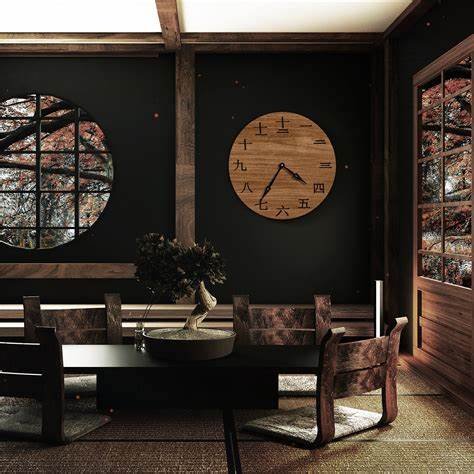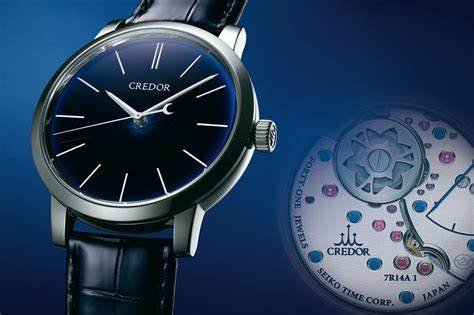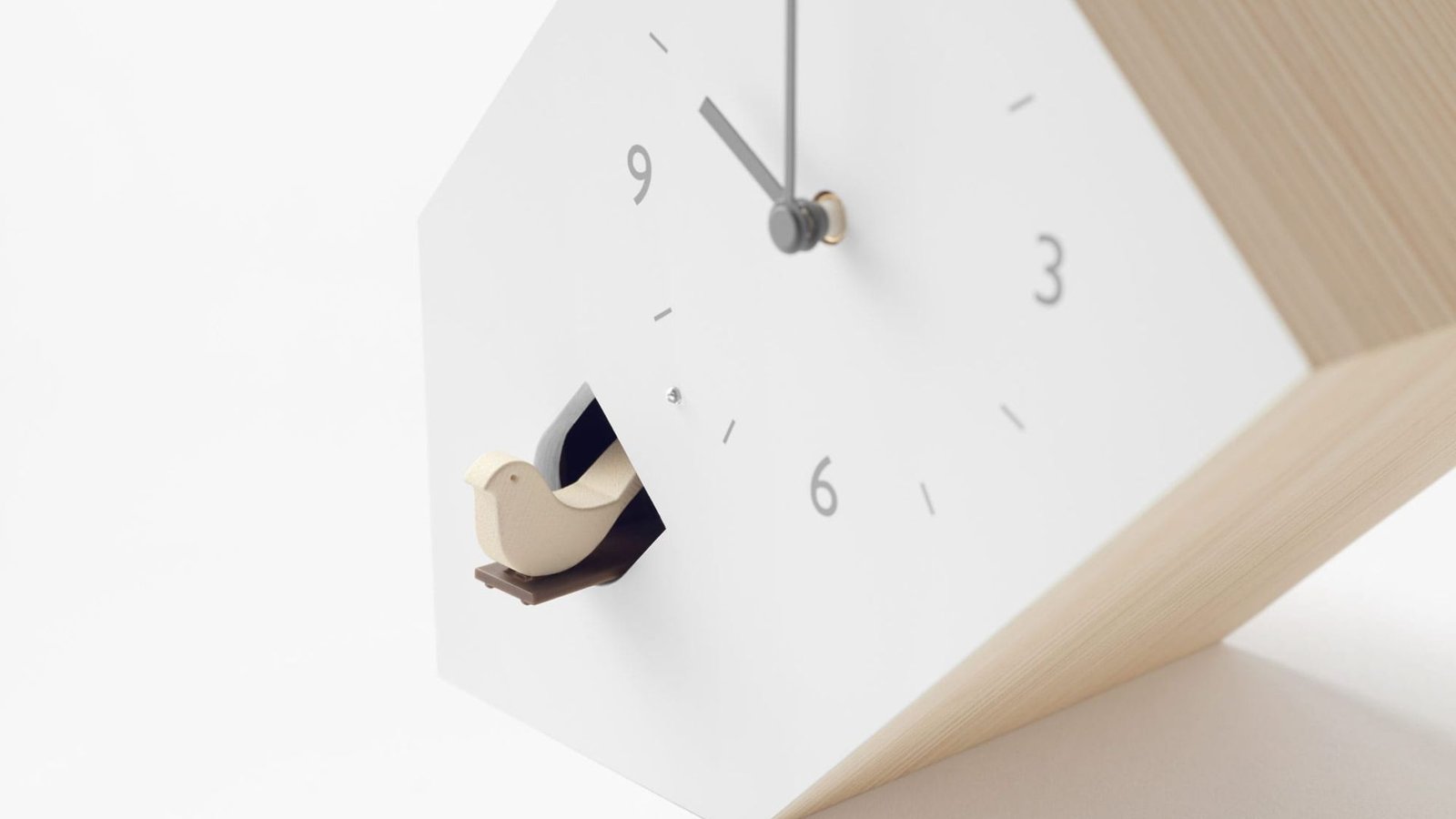Japanese design is celebrated for its simplicity, elegance, and attention to detail. This approach is evident in various elements of interior design, including clocks. Japanese clocks have greatly influenced modern interior design, blending functionality with aesthetics. In this article, we’ll explore how these clocks have shaped contemporary spaces and why they continue to be a favorite choice for homeowners and designers alike.
Minimalism in Design
One of the key influences of Japanese clocks on modern interior design is the emphasis on minimalism. Japanese culture values simplicity, and this is reflected in the clean lines and understated designs of their clocks. Unlike traditional Western clocks that often feature ornate decorations, Japanese clocks tend to focus on functionality while maintaining a sleek appearance.
As a result, these minimalist clocks fit perfectly into modern homes where clutter-free spaces are prioritized. Furthermore, the neutral color palettes of Japanese clocks—often black, white, or natural wood—make them versatile additions to any room. They blend seamlessly with modern furnishings without overpowering the overall design.
Natural Materials and Aesthetics
Another significant influence is the use of natural materials. Japanese clocks are often crafted from wood, bamboo, or other organic materials, which add warmth and texture to a space. These materials also create a sense of harmony with nature, a core principle in Japanese design philosophy.
Incorporating natural materials in interior design has become a popular trend, especially as more people seek to bring the outdoors inside. Japanese clocks contribute to this trend by introducing natural elements in a subtle yet impactful way. Moreover, the craftsmanship behind these clocks reflects a deep respect for traditional artistry, making them both functional timepieces and works of art.
The Concept of “Ma”
The Japanese concept of “Ma” refers to the importance of space and the balance between objects. In clock design, this translates into careful attention to proportion and spacing. Japanese clocks often leave ample negative space, allowing the eye to rest and appreciate the design as a whole.
Modern interior design also embraces this idea of balance. Homes today often feature open floor plans and minimalist decor, where each piece is carefully chosen and placed to create harmony. Japanese clocks, with their balanced designs and thoughtful use of space, complement this trend beautifully.
Integration of Technology and Tradition
Though Japanese clocks have their roots in tradition, they have seamlessly integrated modern technology. This fusion of old and new is another reason why they appeal to contemporary design enthusiasts. Many modern Japanese clocks feature advanced timekeeping mechanisms, silent movements, and eco-friendly materials, while still maintaining a traditional aesthetic.
As technology continues to evolve, the ability to blend it with timeless design elements becomes more important in interior design. Japanese clocks strike this balance, offering sleek, functional timepieces that don’t sacrifice style for innovation.

A Symbol of Mindfulness
In modern life, mindfulness and living in the present moment are values that many people strive to embrace. Japanese clocks often serve as symbols of mindfulness, reminding us to slow down and appreciate the passage of time. The rhythmic ticking of a traditional Japanese clock or the steady movement of its hands can evoke a sense of calm and tranquility, which is an important aspect of modern interior design.
Many people incorporate Japanese clocks into their homes to create serene environments. These clocks not only tell time but also encourage a peaceful, reflective atmosphere, which is key in today’s fast-paced world.
Conclusion
In conclusion, Japanese clocks have left a lasting mark on modern interior design. Their minimalist approach, use of natural materials, and balance between tradition and technology make them ideal for contemporary homes. By integrating Japanese clocks into modern spaces, homeowners can enjoy a functional timepiece that also serves as a statement of style, mindfulness, and simplicity. As design trends continue to evolve, the influence of Japanese clocks is likely to remain a staple in interiors around the world.





Just stumbled across p898casino. Looks like it might be a chill place to unwind after a long day. Will report back after a few rounds!
188betdangnhap? Cái này thì khỏi bàn rồi, dân chơi lâu năm ai mà không biết. Uy tín thì khỏi chê, chỉ lo không có tiền mà chơi thôi. Must try 188betdangnhap.
Wenn Sie jedoch all das erkunden und mit echtem Geld
spielen möchten, müssen Sie sich im Casino anmelden und eine Einzahlung tätigen. So bietet es seinen Spielern zum
Beispiel einen geringen Mindesteinzahlungsbetrag von nur
20 Euro und akzeptiert die meisten in Deutschland gängigen Zahlungsmethoden, wie zum Beispiel die Sofortüberweisung von Trustly.
Es gibt sowohl Live- als auch Pre-Match-Wetten zur Auswahl, und die Spieler können live
auf die Ergebnisse der meisten beliebten Sportarten in Deutschland wetten.
Anbieter mit einer Malta Lizenz bieten faire Spiele und Transparenz.
Letztendlich ist es so, dass die Glücksspielbehörde die Anbieter des Glücksspiels in Malta reguliert und kontrolliert.
Bei der MGA handelt es sich um die Aufsichtsbehörde
Maltas, die die dort ansässigen Casinos überwacht. Diese Behörde ist für die Ausstellung der Glücksspiellizenz Maltas zuständig.
Ist das Online Casino im Unrecht, hilft die Glücksspielbehörde dabei, die Interessen des Spielers durchzusetzen. Nur mit
einer offiziellen und anerkannten Lizenz dürfen sie das Glücksspiel anbieten.
References:
https://online-spielhallen.de/iwild-casino-deutschland-ihr-umfassender-ratgeber/
Or you can contact the live chat by clicking the appropriate button on the site.
You can write an email to the casino, describing your problem in detail.
Playing in this mode you do not spend any money and do not get
any winnings. Approve the email newsletter to receive current offers;
RocketPlay Casino offers a VIP program designed to
reward players based on their wagering activity.
Explore our updated list of offers, including no deposit bonuses and free spins.
It covers common issues related to RocketPlay Casino Log In, payments, bonuses,
and games. Players can enjoy slots, table games, and live
dealer options. RocketPlay is Australia’s premier online gaming destination,
offering hundreds of games, fast payouts, and world-class customer service.
RocketPlay offers a wide variety of games including pokies, table games,
live dealer games, and specialty games from top software providers.
Existing Sky Q customers will continue to get the service they
currently have and Sky will continue to support until there comes a
time that they decide not to. Customers and potential customers need to get used to
that fact. We all know that the satellite service is being wound down so there’s no point in them making it easy for
people to sign up to service which will be shutting
down in a few years. @BenJoBanjo @Daniel0210 the website does actually state
sky Q queries can still be made via phone or visit a local store I’m going to
mark this post as the current answer, so that everyone has the
most up-to-date information. Alternatively, they can opt for one of our
popular streaming products, Sky Glass and Sky Stream, which are chosen by 9
in 10 of our new customers.
This project is based on one of my other repositories, josStorer/chatGPT-search-engine-extension 该API Key用于转发API,需要将Host改为api.chatanywhere.tech(国内首选)或者api.chatanywhere.org(国外使用)。 Your
support is greatly appreciated!
References:
https://blackcoin.co/welcome-to-crown-hotels-your-ultimate-casino-experience/
online casino mit paypal
References:
https://pivotalta.com
us poker sites that accept paypal
References:
https://www.chdlrrhd.site/bbs/board.php?bo_table=free&wr_id=217
Xsktangiang is part of my weekly routine. Pick the numbers, grab some snacks, and hope for the best. Good luck everyone! Visit xsktangiang.
you are actually a good webmaster. The web site loading speed is amazing. It sort of feels that you are doing any unique trick. Furthermore, The contents are masterwork. you’ve performed a great process in this matter!